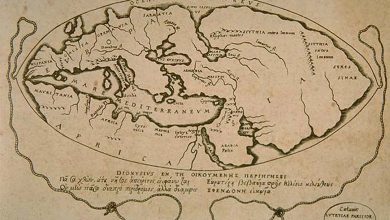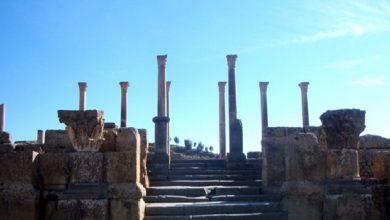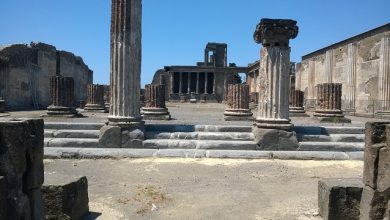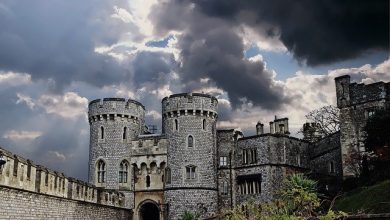Medieval vs modern: In what ways was the Middle Ages better than the modern world

The Middle Ages is almost everywhere demonstrated as a disgusting era, full of pain and despair. If they show ordinary people, they are dirty, eternally hungry peasants who fanatically follow one of the religions. If we are talking about the modern world, these are completely cruel people. There was only greyness and misery around; people suffered from the plague and burned at the fires of the Inquisition.
The Middle Ages was not as creepy as it is portrayed by modern mass culture, relying on special cases. The Middle Ages were even better than the modern world in some moments.
Wars were less deadly
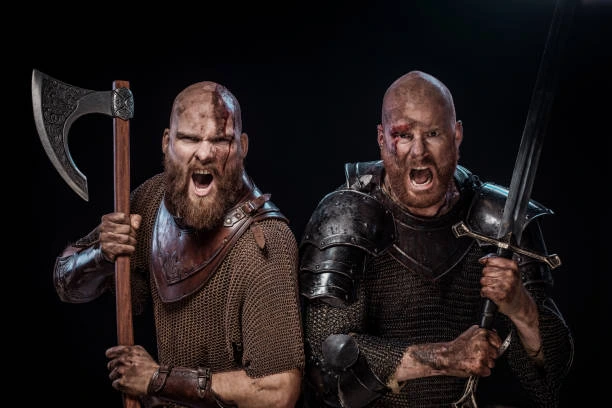
During the Middle Ages, war was something of a job for ordinary people. As for the noble ones, it was akin to entertainment, where there was no goal to die in battle. Therefore, most wars in those days were not bloody and, as a rule, were local showdowns of two feudal lords who did not divide their homesteads or decided that one did not believe in God as much as the other.
Yes, there were violent crusades and quite large military conflicts, but in general, that time was even more peaceful than today.
The world was cleaner
You can often hear the myth that in the Middle Ages, there was dirt everywhere, and people lived like pigs in a stable. There have always been those who did not take care of themselves, of their homes, or the surrounding environment — there were about an equal number of such in relation to the entire population. The rest were not much different from modern man.
Moreover, the world was much cleaner in environmental terms than today, even though we no longer burn thousands of tons of coal and production has become much cleaner. No plastic bottles are lying under your feet, no air with the aromas of burnt diesel fuel, and water with the taste of the entire periodic system of elements. There was garbage, and it was also thrown out on the streets, but it quickly rotted because it consisted of organic components.
The architecture was much more interesting
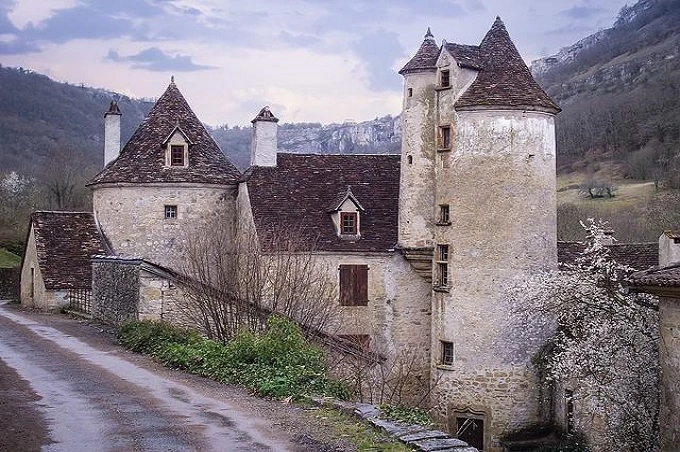
Of course, we are not talking about hastily assembled peasant huts but about more elevated buildings. There were no buildings stamped according to one template. Each was built according to an individual project with the maximum possible decorations, especially when it came to palaces, cathedrals, and castles. The latter still amaze the imagination and look fabulous against the background of dull multi-story buildings or modern attempts to parody the style of those times.
The food was completely organic
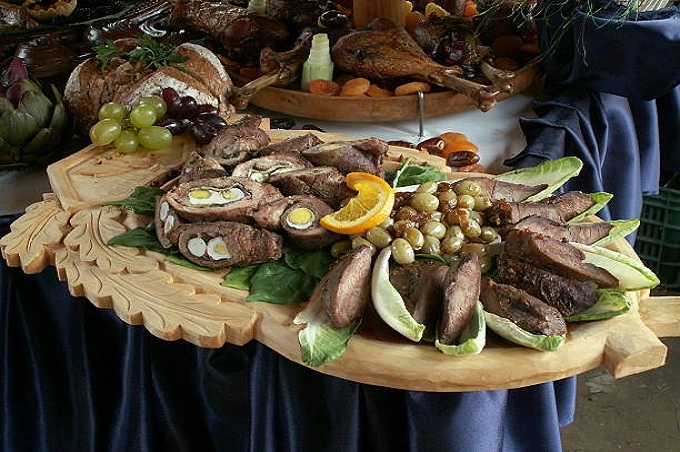
Yes, they could not boast of the rich choice we have today, but even ordinary peasants quite often consumed fish, legumes, cereals, vegetables, fruits, mushrooms, berries, honey, and other products.
What is important, all the products were clean, without any additives in the composition. It is only now that we have gradually begun to strive for what even ordinary peasants had — organic nutrition: no preservatives, flavorings, flavor enhancers, and the like.
The borders were open
Today, borders, even though these are conventional lines, are an almost insurmountable barrier if you decide to cross them in the wrong place and without permission. If border guards catch you, then you may not just lose the possibility of legal access to another country where a violation was detected but also go to prison.
What happened in the Middle Ages? Yes, simply missing borders. Free people could safely cross the border with another state and wander around the world. The only limitation was the danger to foreigners, especially in countries with a different religion. Otherwise, there is almost complete freedom of action.
People worked less
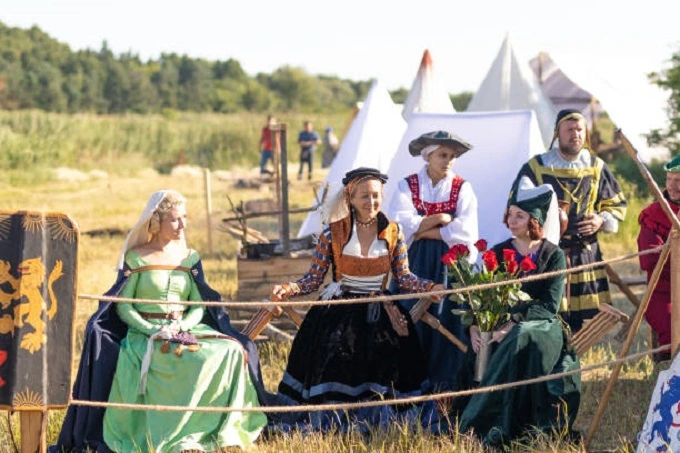
This may seem like fiction because we all know that peasants worked in the fields from dawn to dusk every day without days off. Yes, the peasants spent a lot of time in the fields, and the work was quite hard. But do not forget that the main work was during the sowing and harvesting period. The peasants’ work consisted of weeding, watering, and other, albeit difficult, but tolerable work.
And then, after harvesting and preparing for the cold, the peasants began a long “vacation” until the next sowing, which, depending on the latitude, could last for six months. In addition, there were many church holidays on which it was forbidden to work. So we, who work 9 hours a day all year round, have even less time to rest today.
Much fewer things separated people
It is interesting that there were no such oppressions in the Middle Ages. Then religions ruled the world, and if a person was of the same faith as you, you didn’t care where he came from, what his skin color was and what language he spoke. Of course, there was class and gender stratification, but in general, the world was much fairer in terms of equality.
Today we are divided by the borders of states, skin color, nationality, religion, political points of view, differences in social movements, class struggle, and other reasons.
People had fewer commitments and less reason to worry
At that time, there was a custom of mutual assistance in different cultures. When a couple got married, people gathered around the village and built them a house, so they didn’t think about where to live. As for obligations, you didn’t have to think about various utility bills, what and where to buy food, etc. Everything was grown by hand.
Clothes were also sewn independently, and the necessary household items were either exchanged for food or money earned on the market from the same agricultural products. So, perhaps, the only concern of a simple peasant was the harvest, part of which he handed over to the feudal lord as a tax.

